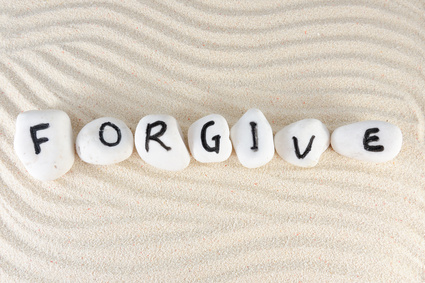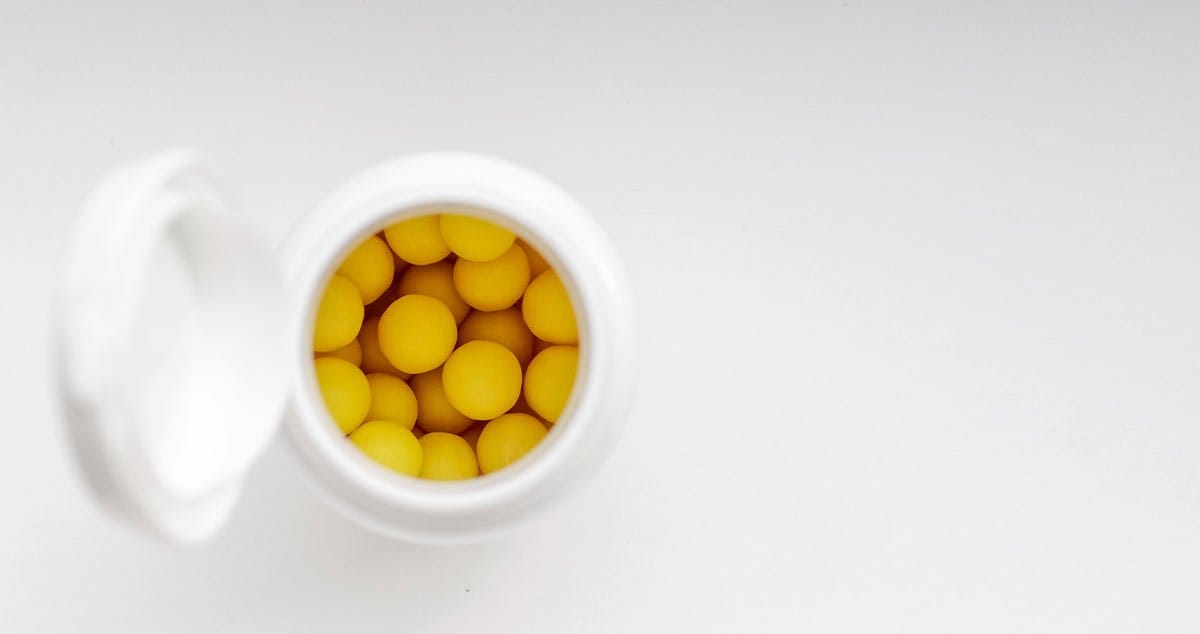
When you first begin your recovery, you are flooded with emotions that you had tried to numb with alcohol and drugs. Now that you are clean and sober, you need to address these emotions to heal and maintain your sobriety. It’s common to feel anger or shame, but being able to forgive frees you from the poisonous emotions and lets you heal.
Forgiving Others
You probably feel anger and resentment toward people who have wronged you in the past. However, when you cling to those feelings for people, it acts as a poison. Every time those emotions surface, you end up coping with them in unhealthy ways with alcohol and drugs. Forgiving others doesn’t mean that you forget what happened. Instead, it gives you the chance to reflect on the situation and it makes you aware the next time someone tries to wrong you. Asserting yourself means that you won’t allow any person or any situation affect your emotions. Forgiving others brings closure and gives you the opportunity to grow. In some cases, you can repair and develop a healthy relationship with the person who wronged you.
Forgiving Yourself
When you are in active addiction, you tend to blame everyone around you for your situation. After you begin recovery, you soon realize that there is a lot for which you must take responsibility. Forgiving yourself for your past behavior and mistakes is difficult, but it lets you heal and let go of guilt and other feelings that are dangerous to your sobriety. Also, realizing that you are human and not perfect helps you have realistic expectations for your recovery. Have you given your forgiveness to someone (or yourself)? Did it make you feel better? Share your experience on Stepping Stone Center’s Facebook page.









